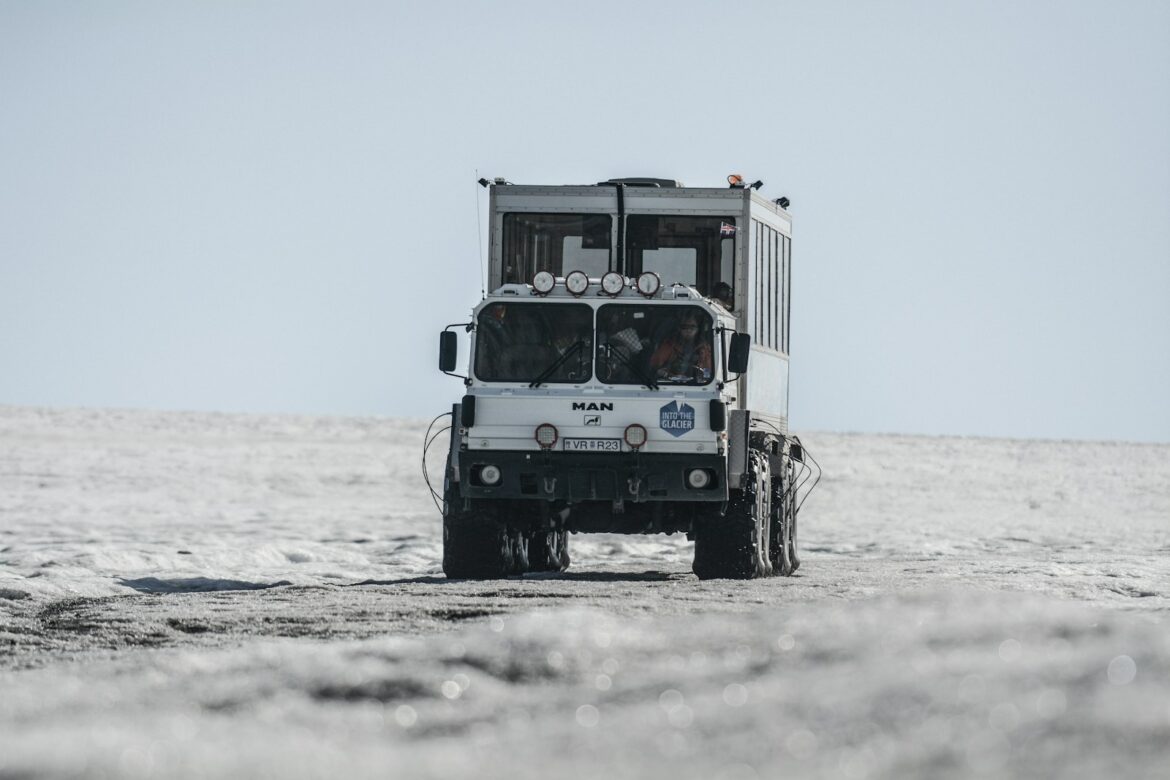The Evolution and Impact of Modern Industry
The landscape of modern industry has undergone a profound transformation, driven by technological advancements and shifting economic paradigms. Historically, the Industrial Revolution marked the beginning of mechanized production, which fundamentally changed how goods were manufactured and distributed. Today, the evolution of industry continues to be shaped by innovations in technology, globalization, and sustainability.
One of the most significant changes in contemporary industry is the rise of digital technology. The integration of artificial intelligence, automation, and the Internet of Things (IoT) has revolutionized manufacturing processes. Smart factories, equipped with interconnected machines and systems, enable real-time monitoring and optimization of production lines, leading to increased efficiency and reduced downtime. This digital transformation not only enhances productivity but also fosters innovation by allowing for more customized and flexible manufacturing solutions.
Globalization has further reshaped industrial dynamics. Companies now operate on a global scale, sourcing materials and labor from different parts of the world. This interconnectedness has led to more competitive markets and has driven industries to adopt more agile and responsive strategies. However, it has also introduced challenges such as supply chain vulnerabilities and the need for businesses to navigate complex international regulations.
Sustainability has emerged as a critical focus for modern industry. With growing awareness of environmental issues, industries are increasingly adopting green technologies and practices. From renewable energy sources to waste reduction and recycling initiatives, companies are striving to minimize their environmental footprint. This shift towards sustainability is not only a response to regulatory pressures but also a reflection of changing consumer expectations, as more individuals and businesses prioritize eco-friendly products and practices.
In summary, the modern industrial landscape is characterized by rapid technological advancements, global interconnectivity, and a strong emphasis on sustainability. As industries continue to evolve, they will likely face new challenges and opportunities, shaping the future of production and commerce.

